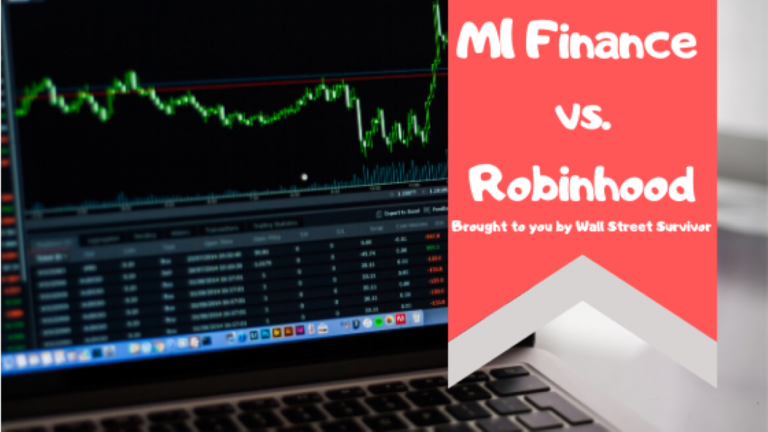ALERT: Are you a U.S. citizen? If not, then you will unfortunately not be able to sign up for a Robinhood account. CLICK HERE TO LEARN ABOUT OUR #1 RECOMMENDED BROKER FOR NON-U.S. CUSTOMERS!
The days of checking the newspaper for static numbers provided by the New York Stock Exchange are gone!
Today, constant investment information flies around at the speed of light.
In fact, we can access our investments right on our mobile devices.
The proliferation of investment information, and more to the point, investment culture, has created a market opportunity that lots of smaller firms and startups have jumped on.
Investment seems to have something for everyone.
It’s a chance to watch our money work for us, a chance to make the right moves and get rich on someone else’s American dream.
And with microinvesting, investing is becoming more accessible and popular.
What is Microinvesting?
Traditionally, investing has had a high bar of entry.
You had to sink thousands into accounts and account managers, waiting a long time to turn a profit.
This high entry cost meant that many young people and people with less money couldn’t realistically enter into investments.
But microinvesting and millenial investment startups changed the game.
Instead of opening an investment account with a broker for thousands of dollars, millenials can toss the price of a cup of coffee into an investment account, all on their phone.
Microinvesting has made investing something that can be done at an earlier age and with less money.
Smaller companies and app-based investments have tried to grab the younger audience with no fees, lower entry costs, and smaller stock-specific portfolios.
Some of these companies have spent a ton of money.
Robinhood and M1 Finance are two of the companies that have become popular in this space.
Both of them are attempting to capture a younger, mobile audience.
They’re both doing it in different ways.
In this post, we’re going to take a look at the specs of Robinhood and M1.
First, we’ll tell the stories of both companies so that you can make sure you’re partnering with a mission that you believe in.
Robinhood’s Story
Robinhood came out of the friendship of roommates Vlad and Baiju, who met during their time at Stanford.
After graduating they both moved to New York and built a couple of different finance companies that sold software designed to help big firms hedge funds.
They realized during this time that while the average American is charged up to $10 for each stock trade, big Wall Street firms pay basically nothing.
So Robinhood wanted to build a product that would provide everyone with access to big financial decisions.
The Stanford grads moved back to California and built Robinhood, a company that uses an app to help everyone find participation in the financial system.
Robinhood values great systems, simplicity, and individual participation.
They use a great team of designers and engineers to build beautiful systems that ordinary people can use.
They use simplicity to cut through the complexity of the financial system, giving ordinary people confidence.
And finally, they want to create tools for individuals to grow wealth.
How Do I Get up to $1,700 in FREE STOCK with Robinhood?
To open a Robinhood account, all you need is your name, address, and email. To get your free stock you will need to fund your account with at least $10 within a few days of opening so you will also need your bank account routing and account number.
As its current promotion, Robinhood will immediately give you FREE MONEY (between $5 and $200) to invest in a set list of stocks when you open a new account. You will be given your unique referral link. You will receive more free money (again valued at $5 to $200) for each person you refer. The more people you refer, the more you get up to a max of $1,500 a year. To learn more, visit Robinhood's free stock promo page below.

Why do they give away so much free stock? Because they spend their advertising dollars this way instead of buying TV, radio, print, or online ads! They WANT you to refer friends!
